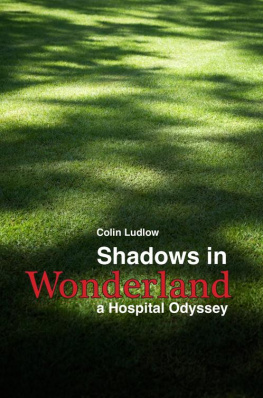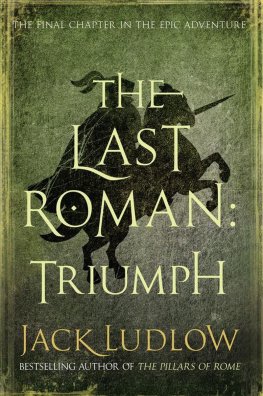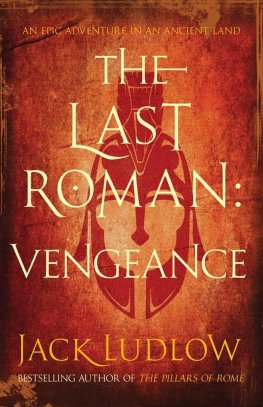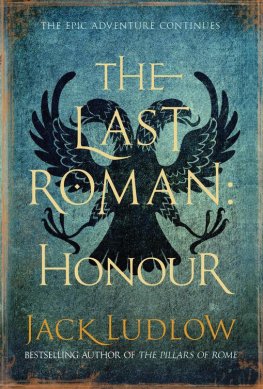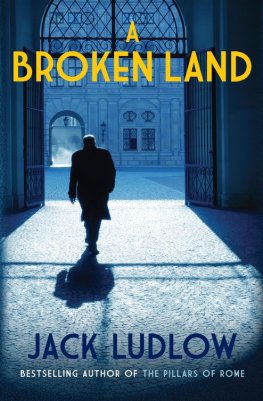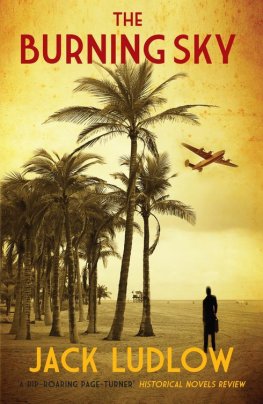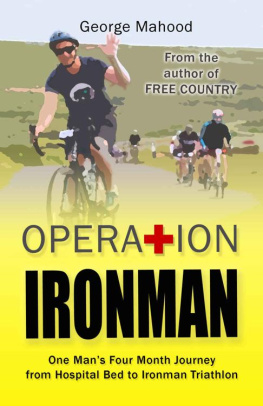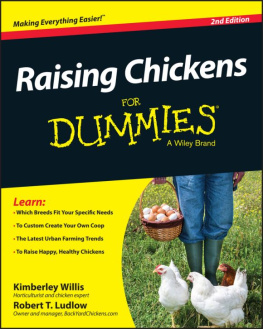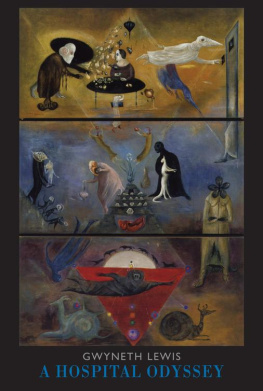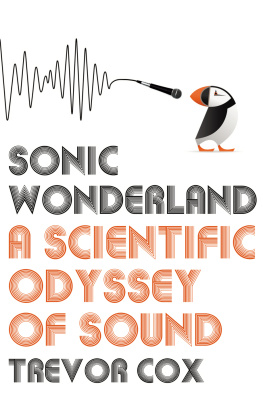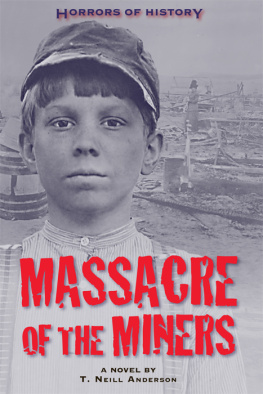There live pallid Disease, dejected Age, Fear, Hunger the bad counsellor, ugly Want, Terrible spectres, Death and Decline.
Gillie Bolton may not have been the only begetter of this book, but it was she who prompted me to start writing about my hospital experiences, and her enthusiasm for what I produced that persuaded me to pursue the subject further. I owe her a huge debt of gratitude. I would also like to thank Polly McDonald, Paul Marcus, Howard Schuman, Stephen Wakelam, Jim Smith and Fiona Watt, whose encouragement and engagement with the ideas I was developing made me believe that they might interest a wider audience. Their comments on the manuscript were invaluable, as were those of Judith Murdoch, Nina Bawden, Richard Bull, Stephen Wyatt, Emma Oxley, Michael Moszynski, Sophie Balhetchet, Colin Luke, Antony Gormley and Nigel Ludlow.
Pam Solomon provided crucial help in moving the text towards publication. I am grateful to her and to Louisa Saunders at The Independent, which first published versions of two of the chapters. Georgina Bentliff at Hammersmith Press has been a most supportive and helpful publisher. My thanks are due to her as well.
I would also like to acknowledge the following copyright material that I have quoted in the book: The Boys from the Blackstuff by Alan Bleasdale, reproduced by permission of the author; Waiting for Godot by Samuel Beckett, published by Faber and Faber Ltd; The Singing Detective by Dennis Potter, published by Faber and Faber Ltd; Saturday by Ian McEwan, published by Jonathan Cape, reprinted by permission of The Random House Group; Destiny by Tim Parks, published by Vintage, reprinted by permission of the author ( Tim Parks 1999); The Unbearable Lightness of Being by Milan Kundera, published by Faber and Faber Ltd; Blood and Guts by Roy Porter, reproduced by permission of Penguin Books Ltd; Cancer Ward by Aleksandr Solzhenitsyn, published by The Bodley Head Ltd, reprinted by permission of The Random House Group Ltd; Hippocratic Oaths by Raymond Tallis, published by Atlantic Books; The National Health by Peter Nichols, published by Faber and Faber Ltd, reprinted by permission of the author; The Magic Mountain by Thomas Mann, published by Secker & Warburg, reprinted by permission of The Random House Group; The Diving-Bell and the Butterfly by Jean-Dominique Bauby, published by Fourth Estate, reprinted by permission of Harper Collins Publishers Ltd; Snake Oil and Other Preoccupations by John Diamond, published by Vintage, reprinted by permission of The Random House Group Ltd; Illness as Metaphor and AIDS and Its Metaphors by Susan Sontag, reproduced by permission of Penguin Books Ltd; Non-Places: Introduction to an Anthropology of Supermodernity by Marc Aug, published by Verso; Howards End by E M Forster reprinted by permission of the Society of Authors. Every effort has been made to trace the copyright holders. The publishers will be happy to correct any mistakes or omissions in future editions.
There is much in these pages that might be deemed critical of our hospital system, but I more than anyone am aware that I owe my life to the skill and care of the doctors and other staff at the Royal Free who looked after me. I wish to place on record the immense gratitude that I feel towards them.
Finally, I must express my heartfelt thanks to Anna, my wife, and our sons, Adam and Edmund, for their unfailing love and support. In many ways this is their story as much as my own, and if I have survived to tell it that is due to the light and inspiration they have always provided through the darkest of times. While I might rail against fate in many respects, I know that in having them as my closest family I have enjoyed unmatched and unchanging good fortune.
Methought I stood where trees of every clime,
Palm, myrtle, oak, and sycamore, and beech,
With plantain, and spice-blossoms, made a screen
In neighbourhood of fountains, by the noise
Soft-showering in my ears, and, by the touch
Of scent, not far from roses.
JOHN KEATS The Fall of Hyperion. A Dream.
It is April, and suddenly spring has arrived. The winter was hard and protracted, with heavy snow in March, but now the sun is out, the temperature soaring, and the world is bursting with life.
Anna appears in my hospital room pushing a wheelchair. Im going to take you out, she announces, smiling. I look at her blankly. I have not set foot outside the building since being admitted in the bitter days of early January. This seems a rather rash idea.
I thought we could go and sit in the hospital garden, she continues, undeterred by my lack of enthusiasm.
All right, I eventually reply. I feel a little bewildered by this disruption to my customary routine, but lack the independence or strength to resist it.
Within a few minutes, a nurse has been summoned, my drips disconnected, and we are in the lift on our way downwards from my ninth-floor hideaway. Anna wheels me swiftly along the maze of corridors and out through the hospital entrance into the fresh air for the first time in more than three months. It hits me like a cool wave.
She pushes me across the front of the building, and then starts up the steep slip-road that leads to the car park and hospital garden. Here her pace soon slows due to the incline, and when we come to a speed bump in the roadway she stops entirely. Although my wasted body weighs no more than seven stones, she cannot gain sufficient momentum to push me and the rickety wheelchair over the hump. We are stuck.
Fortunately, a passing stranger comes to our aid. Having helped propel the chair over the stubborn mound that is blocking our progress, he then takes over completely and races on to the top of the slope. There he hands me back to Anna, and we turn to our left to enter the garden.
This is, in truth, a pretty modest affair. An oval of grass the size of a couple of cricket pitches or a championship golf green, with an asphalt path surrounding it and some flower beds outside this which contain shrubs and a few trees to shelter the whole space from the adjacent roads and buildings. There is a constant hum of traffic, and the air is thick with the city. But to me, this afternoon, it comes as a revelation.
The ripening spring grass seems unbelievably thick and green. The leaves on the trees and bushes are breaking forth in overwhelming and unparalleled abundance. All I can hear is the sound of the birds in full-throated chorus. The sun feels blissfully warm and soothing as it caresses my pale skin for the first time in months. I become intoxicated with the wonder of it all.
I shift from the wheelchair onto one of the garden benches donated in loving memory of some past patient, then sit in silence drinking in the impressions that are bombarding me. It may be due to my poor physical condition, but I find myself strangely breathless. All thoughts and fears ebb away as I surrender to the here and now, and experience the world as if for the first time. It is a marvellously healing sensation.

